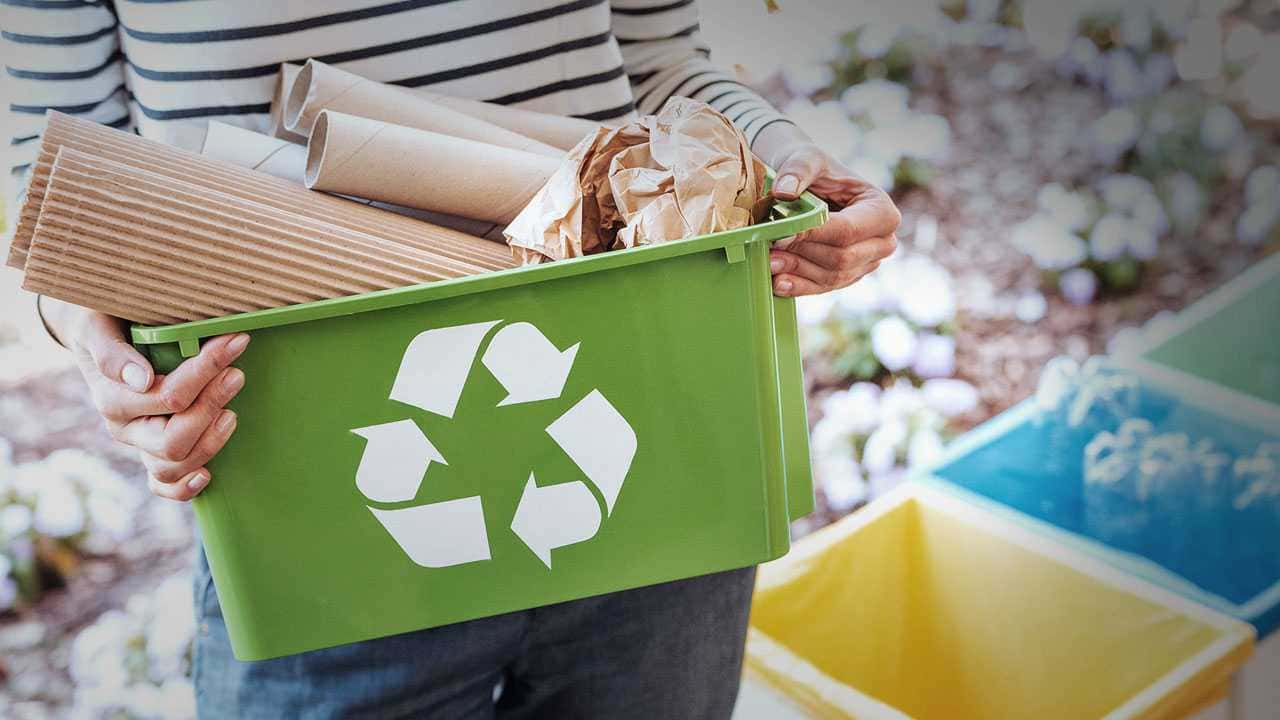
Vietnam and the rest of the world are working on a global plastics treaty, which is expected to put an end to plastics pollution, protect people’s health, save the environment from the adverse impacts of plastic waste, and reducing the production and use of single-use plastics.
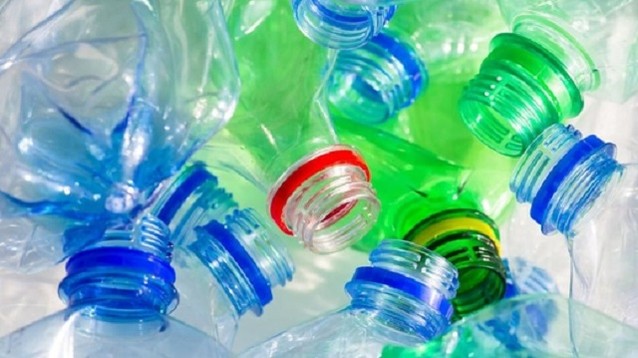


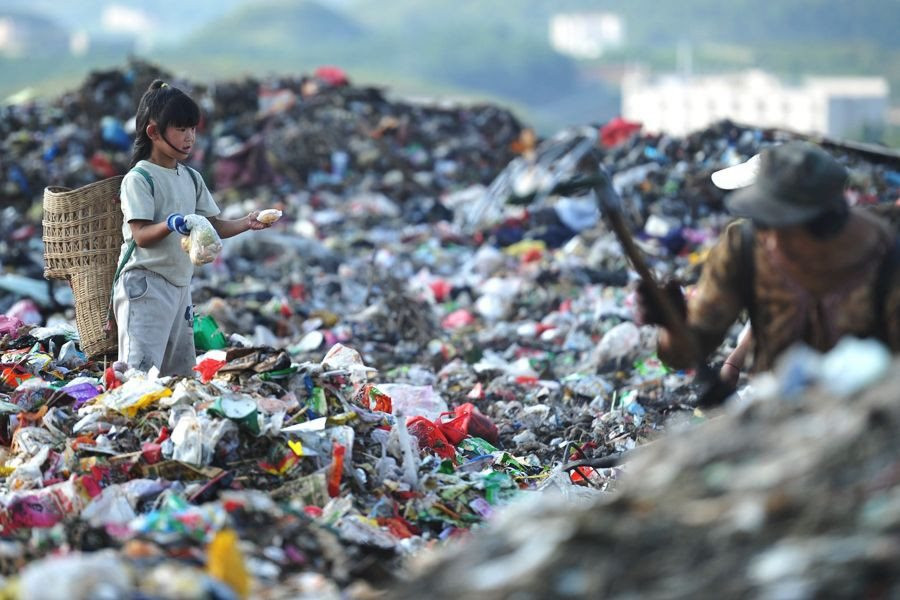
Global cooperation against plastic waste – an urgent need
After two rounds of negotiations in Uruguay in 2022 and France in 2023, the building of the global treaty on plastic pollution is entering an important stage. The third negotiation of the deal will take place in November 2023 in Nairobi, Kenya, while following rounds are slated for 2024.
Vice Director of the Vietnam Administration of Seas and Islands under the Ministry of Natural Resources and Environment (MoNRE), Truong Duc Tri said that as an active and responsible country, Vietnam is highly aware of the protection of the maritime and island environment. This awareness includes the preservation of maritime biodiversity, and the marine and coastal environment as well as controlling ocean plastic waste, aiming to promote sustainable marine economic development.
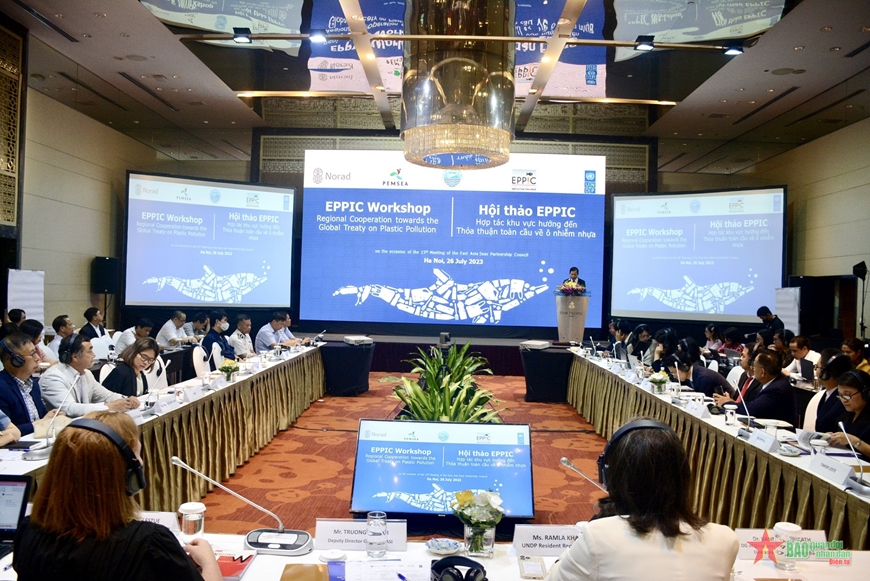
He called on coastal countries to work harder to deal with pressing issues including marine environment pollution and ocean plastic waste in order to build a safer living environment and make contributions to the conservation of nature and marine biodiversity.
Coastal states should continue to effectively implement the Sustainable Development Strategy for the Seas of East Asia Implementation Plan as well as regional programmes and projects regarding protection of marine environment.
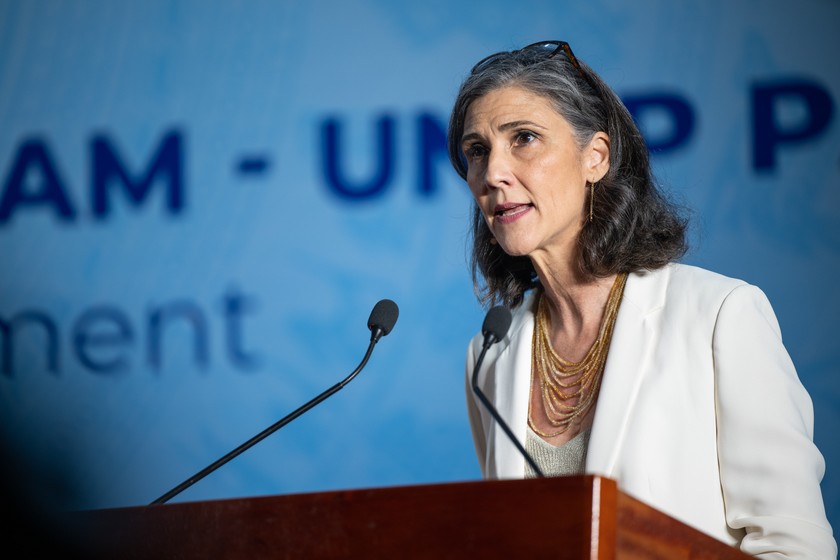
Highlighting the “key role” of cooperation in coping with worsening plastics pollution, UNDP Resident Representative in Vietnam Ramla Khalidi called attention to two aspects in the fight against plastic pollution. One of which is to recognise, support, and enhance the contributions of informal waste workers to the waste management system, and the other aspect is to study how the global treaty could be based on these contributions. Realising the ambitious goals of the global plastics treaty will require adequate financing, especially through innovative financing mechanisms, ensuring that efforts are fully supported to create transformation on the ground, she said.

Opportunities to perfect environment-related policy
Regarding Vietnam’s participation in the global plastics treaty, Director of MoNRE’s International Cooperation Department Le Ngoc Tuan said that the ministry has formed a working group to take part in the second session of the Intergovernmental Negotiating Committee for the global treaty to end plastic pollution.
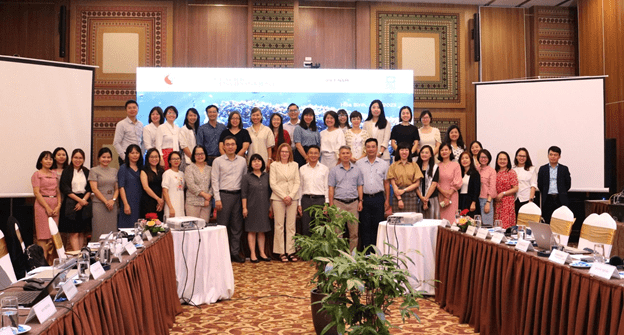
The treaty brings about both challenges and opportunities for Vietnam to speed up the completion of policy and institutions related to the environment, especially in the management of plastic waste.
Vu Thi Dung from the MoNRE’s International Cooperation Department said that the common goals agreed to by Vietnam and other participating countries include ending plastic pollution, protecting human health and the environment from negative impacts throughout the life cycle of plastic, reducing the production, use and disposal of plastics, and promoting a circular plastic economy to end plastic pollution.
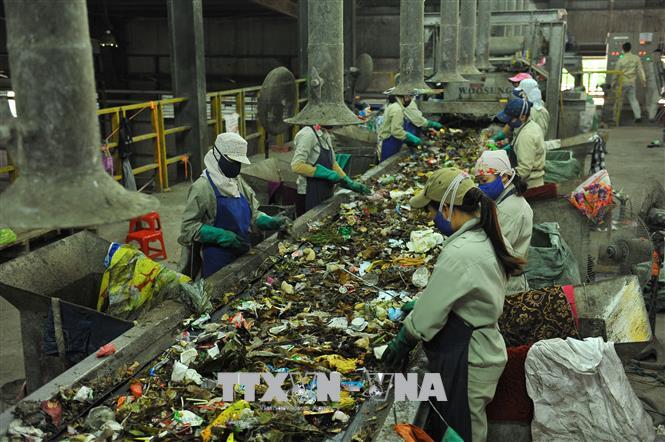
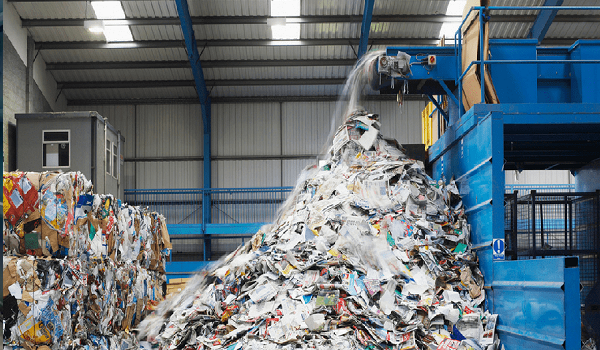
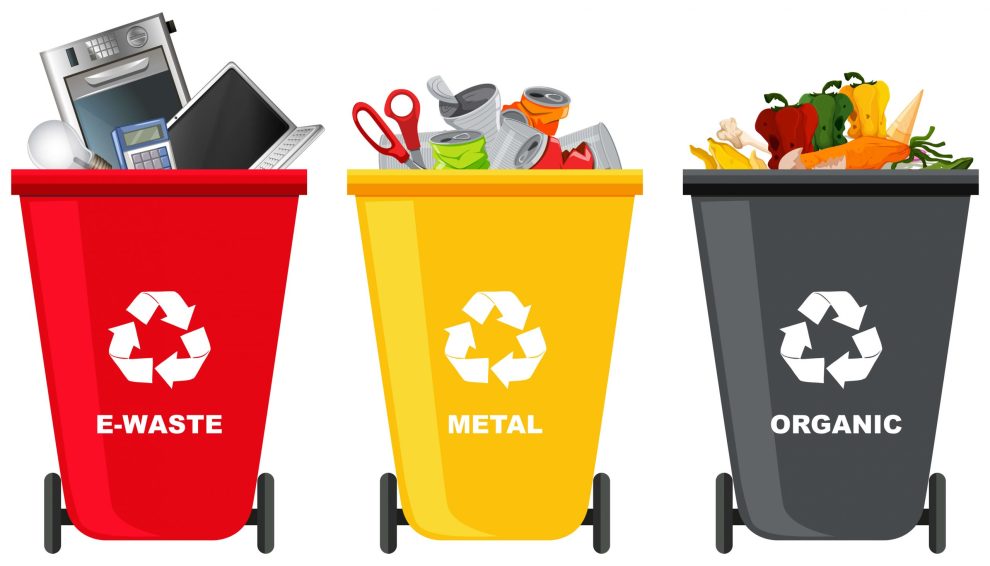
Hoang Thanh Vinh, programme analyst for chemicals, waste, and the circular economy at the UNDP Vietnam’s Climate Change and Environment Unit (CCEU) said that the National Plastic Action Partnership (NPAP) and the UNDP pledge to continue to accompany the inter-sectoral working group of the Vietnamese Government during the next negotiations, aiming to build Vietnam’s proposal towards a global treaty to end plastic waste.

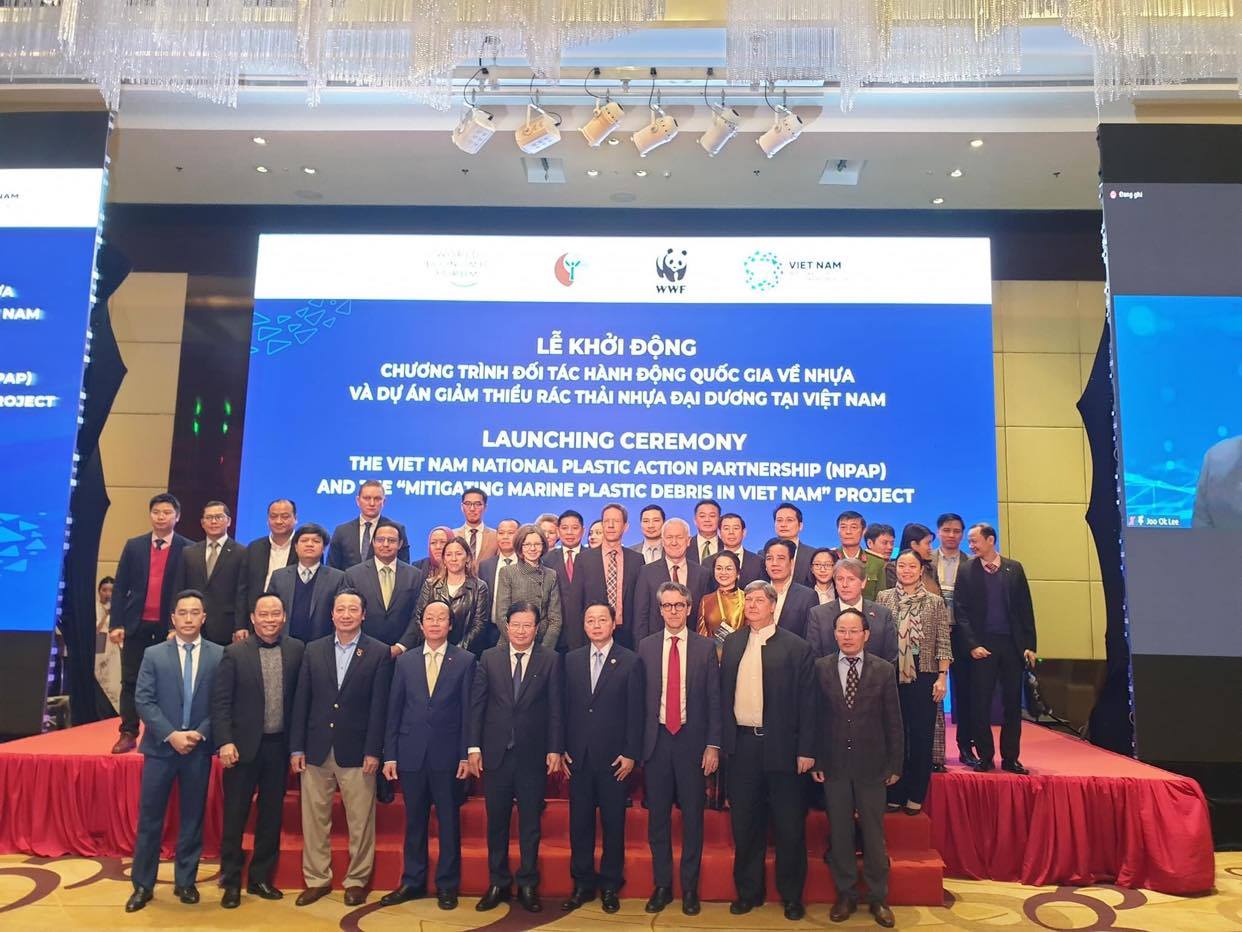
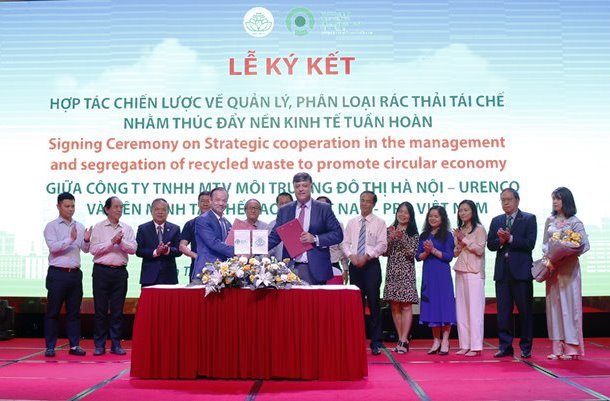
Dr. Quach Thi Xuan, chief representative of Pacific Environment Vietnam underlined that the global plastics treaty is a chance for countries to work together to deal with plastic and the environment. However, she held that on the other hand, it is also a challenge requiring countries to carefully consider their commitments to ensure that they can achieve economic development goals and environmental protection targets at the same time in parallel with implementing their responsibilities to the international community.
The Pacific Environment will accompany the Vietnamese team during the negotiations for the treaty, and hopes that the country will show strong support to measures to reduce plastics and plastic waste on the foundation of extensive and in-depth consultation with domestic and foreign stakeholders, she stated./.
